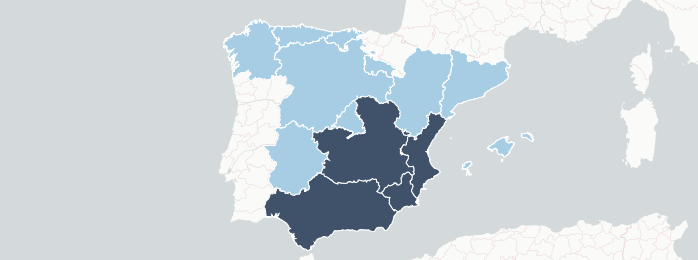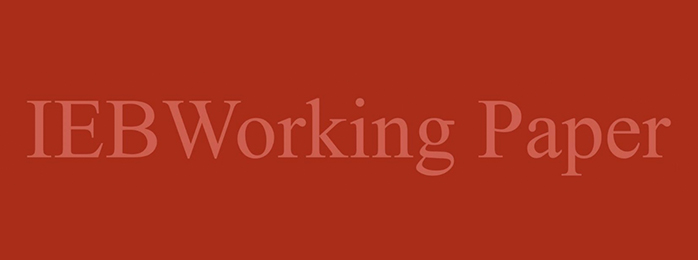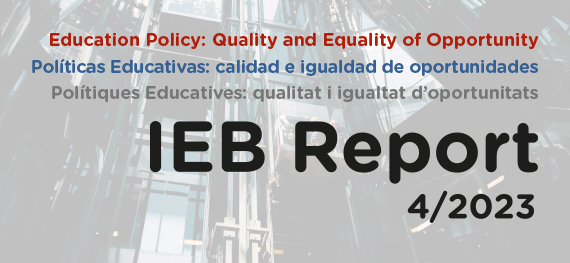Destacats

Mapes del finançament
El model de finançament autonòmic acordat en 2009 contempla tres vies d'ingressos

Informe IEB 2023
L’Informe IEB sobre Federalisme Fiscal i Finances Públiques es publica cada any, des de 2009,...

2024/02: Can teachers influence student perceptions and preferences? Experime...
We explore the impact of university teacher-student interactions on student perceptions of, and preferences with...

IEB Report 4/2023: Polítiques educatives: qualitat i igualtat d’oportunitats
Les economies de mercat van acompanyades inevitablement de desigualtats econòmiques. No obstant això, la desigualtat...

2024/01: Issue brief: Making jobs out of the energy transition: Evidence from...
Vast amounts are being invested in the energy transition worldwide, with optimistic expectations of economic...

2023/13: Gender differences in high-stakes performance and college admission...
The Gale-Shapley algorithm is one of the most popular college allocation mechanism around the world....

2023/12: Resilience-thinking training for college students: Evidence from a ...
We conducted a randomized evaluation of a universal primary prevention intervention whose main goal was...

